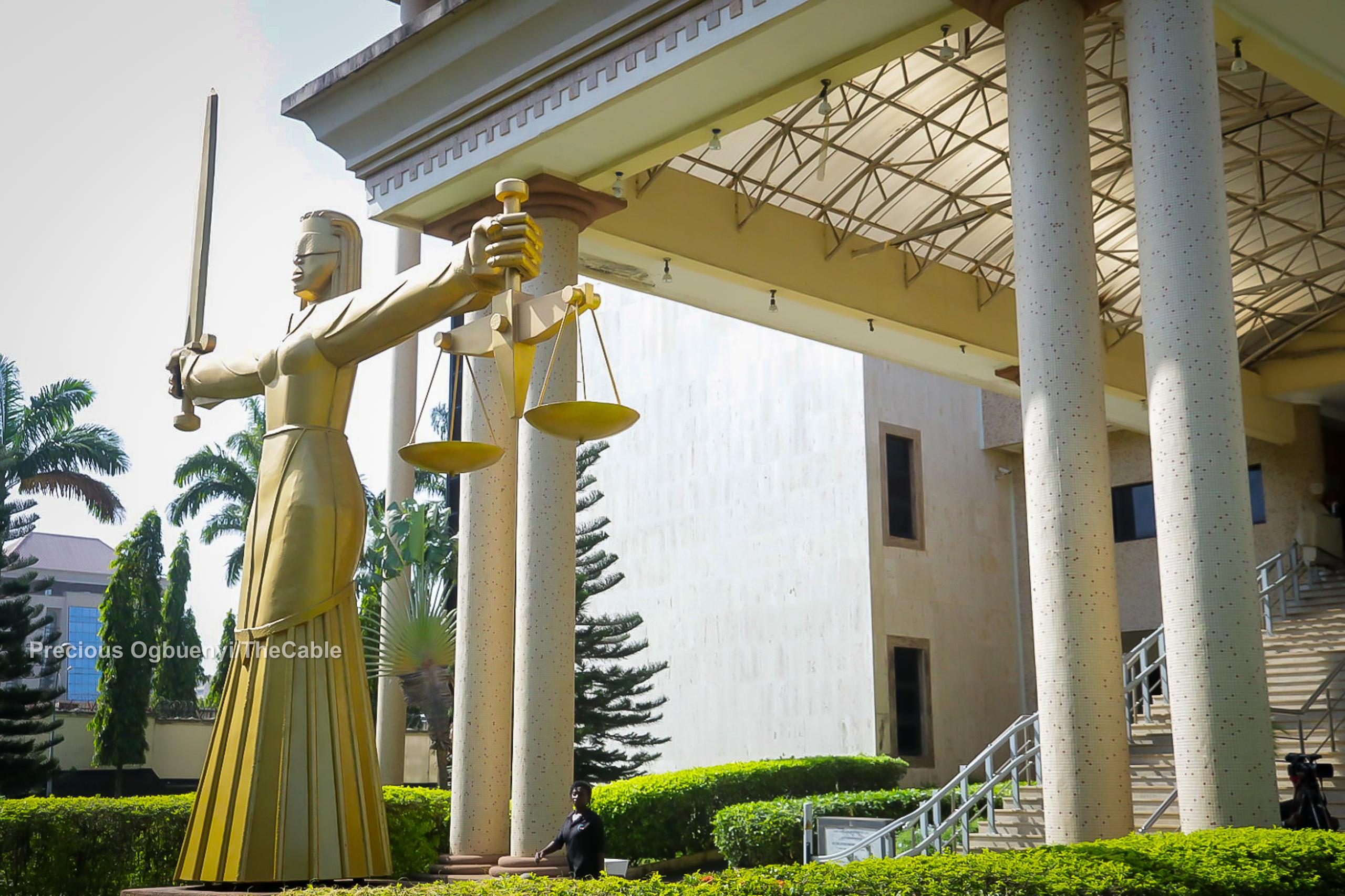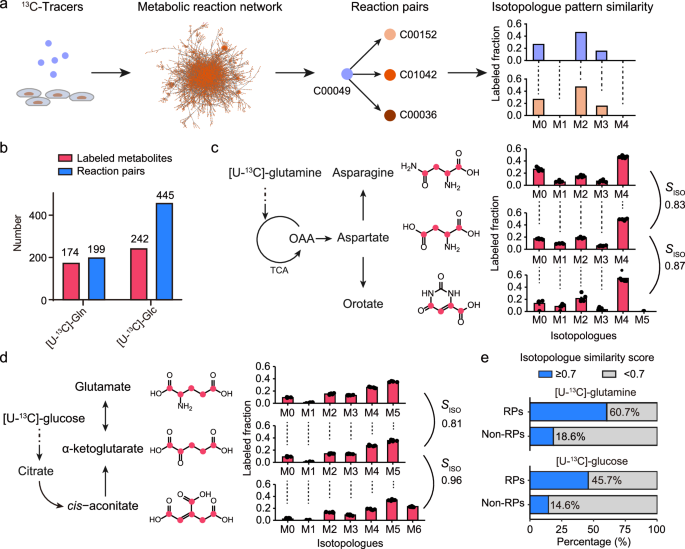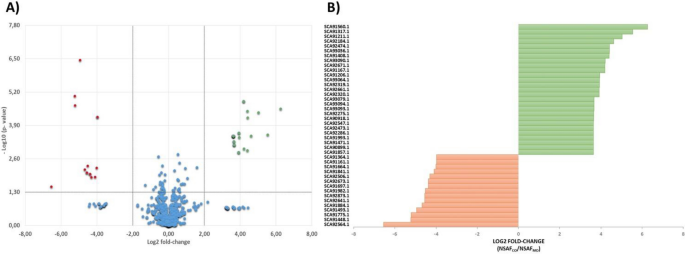ATIKU AND THE 2027 PRESIDENCY - THISDAYLIVE
ABIODUN OLUWADARE urges the former vice president to rethink his 2027 presidential ambition
In matured democracies, leadership ambition is validated by a clear vision, integrity, and a demonstrable track record of public service. Leadership is anchored on values, verifiable record of public service and compelling vision to inspire and unite. In Nigeria’s volatile political terrain, personal ambition too often becomes a self-serving, transactional enterprise where these prerequisites are often substituted with crass opportunism and regional manipulations. Nobody has demonstrated some of these more than the former Vice President Atiku Abubakar, a recurring figure in Nigeria’s presidential contests.
Despite six failed attempts at the presidency, and whispers of a seventh try in 2027, Atiku remains undeterred. The question that begs to be asked is: what emboldens this obsession? What gives Atiku the belief that he can finally clinch Nigeria’s highest office after decades of electoral rejection?
Atiku’s political strength lies less in ideas and more in the exploitation of Nigeria’s socio-political fault lines, chiefly ethnicity and widespread illiteracy in Nigeria’s northern region. His strategy has been to play the northern card while banking on the ignorance and economic disenfranchisement of the electorate in that region. He has failed to invest in mass education or skills acquisition programmes that could transform lives and promote critical political engagement. Instead, he has chosen to maintain his hold by reinforcing regional sentiments and exploiting the ignorance of a disenfranchised electorate by capitalizing on the very conditions that disempower them.
He positions himself not as a Nigerian leader but as a northern candidate, consciously framing his campaigns around identity politics, not ideology. Otherwise, how does he justify his 2023 outing pitching his tent against a southern candidate after the north had enjoyed the office of the president for eight years? Despite his immense wealth and access, Atiku has done little to improve the plight of the northern poor masses. His flagship project, the American University of Nigeria (AUN) in Yola, is financially out of reach for the masses he seeks votes from. Annual tuition runs into millions, pricing out the very people whose ballots he courts.
So, how does he explain championing the cause of the poor when his own ventures are designed for the elite?
Atiku’s desperation has destabilised the PDP. His 2023 candidacy deepened the party’s internal schisms, culminating in the emergence of the G5 governors who refused to support him due to his disregard for the power rotation principle. This crisis exposed Atiku’s weak hold over party unity and his growing unpopularity among PDP heavyweights.
Today, the PDP is a shadow of its former self—bitterly divided, directionless, and burdened with infighting. And yet, Atiku, instead of helping to rebuild the party, is reportedly plotting yet another presidential run. This time, he may not even enjoy the full support of the PDP, which now finds itself mired in leadership tussles and zoning controversies. In fact, with the party’s popularity eroding and defections looming, Atiku has no viable platform to mount a credible presidential challenge in 2027.
If he seeks to switch parties again, as he has done repeatedly, he will face the same dilemma: no strong structure to leverage, no loyal base to count on, and no credible message to sell.
Perhaps the most glaring contradiction in Atiku’s profile is his serial defection across political parties. Since 1992, Atiku has moved between virtually every major party in Nigeria—PDP, ACN, PDP, APC, and back again to PDP. Each shift has been based on expedience rather than principle. A leader who cannot commit to a party cannot be trusted to commit to national unity or difficult reforms. This chameleonic behaviour betrays a lack of ideological grounding or long-term loyalty. True leadership demands patience, and loyalty.
A man who wishes to lead over 200 million Nigerians must be seen as consistent. Atiku, by contrast, changes political homes like seasonal attire. His repeated defections speak not of adaptability but of opportunism. Atiku’s frequent political u-turns disqualify him as a unifying figure capable of building sustainable political institutions.
What has Atiku done for the people?
After decades in the political spotlight, Atiku’s tangible contributions to Nigeria’s development remain unclear. As Vice President from 1999 to 2007, Atiku championed the privatisation of state assets. Yet, many of those privatisations were riddled with opacity. Former President Olusegun Obasanjo’s scathing indictment of Atiku’s time in office is widely documented.
Despite holding influential positions and commanding vast resources, Atiku’s contribution to the everyday Nigerian remains nebulous. He has not provided free basic education to almajiri children, nor has he led any meaningful healthcare initiative for the underprivileged. His investments are largely offshore, revealing a lack of confidence in the Nigerian economy he seeks to govern.
Your Excellency, at this point in Nigeria’s democratic journey, and in your own political career, perhaps the most honourable path left is not another presidential campaign, but a graceful exit into legacy-building. Now is the time to consider the honourable path: statesmanship. After repeated defeats and declining party influence, the writing is on the wall. Nigeria needs reformers, not relics of the past. The 2027 election will not be won by recycled rhetoric or sectional propaganda. The youth are awakening. The electorate is evolving. Rather than further polarise the country by continuing to campaign along ethnic and sectional lines, you could become a voice of elder statesmanship, investing your remaining political capital in mentoring a new generation of leaders.
Professor Oluwadare writes from the Nigerian Defence Academy, Kaduna












